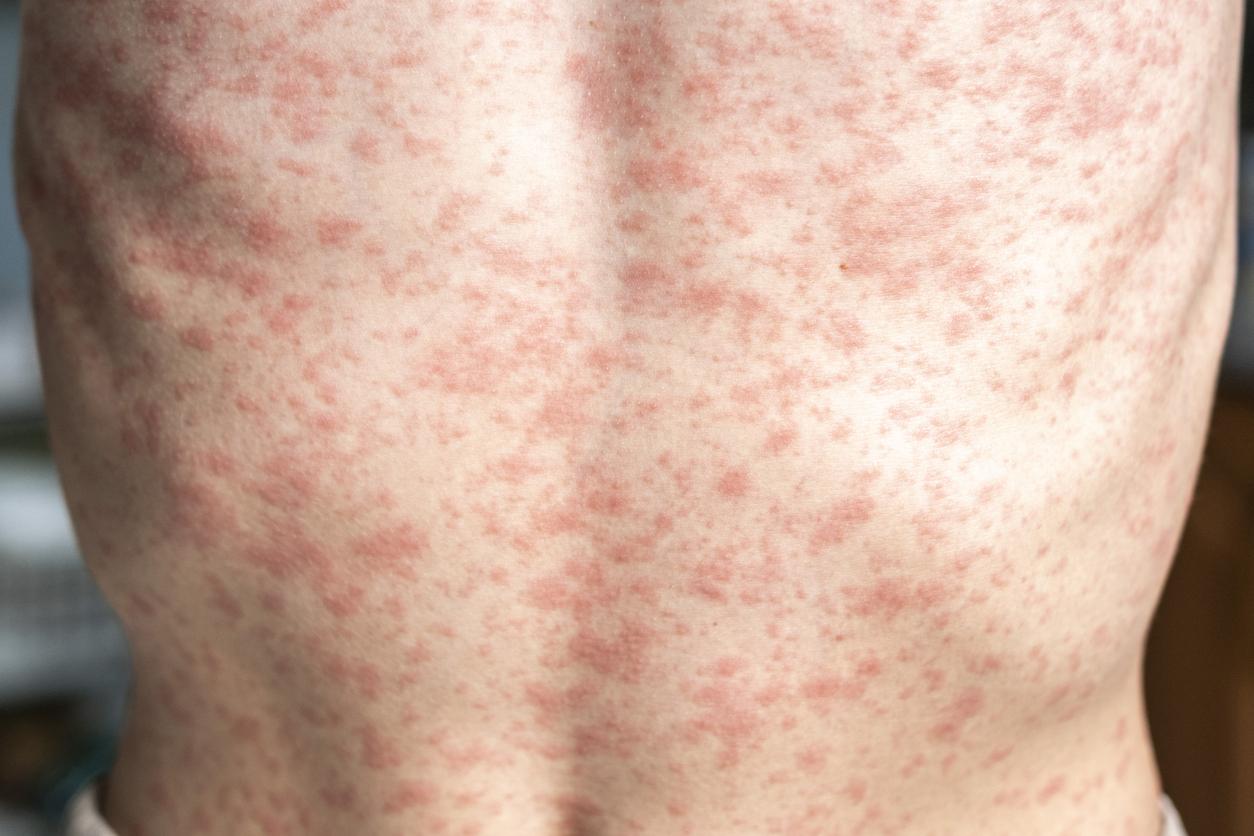A study in European Heart Journal yesterday shows a 23% lower risk of cardiovascular events in recipients of the shingles vaccine in the 8 years following vaccination.
The study was based on outcomes seen among 1,271,922 people aged 50 or older in South Korea who received the shingles vaccine from 2012 to 2021. Information on whether people received a shingles vaccine (live zoster) was combined with data on cardiovascular health, as well as other factors that can influence health, such as age, sex, wealth, and lifestyle.
On average, patients were 61 years old and followed for 6 years. Overall, recipients had a 26% lower risk of major cardiovascular events (stroke, heart attack, or death from heart disease), a 26% lower risk of heart failure, and a 22% lower risk of coronary heart disease.
Protection, especially for men, was strongest 2 to 3 years following vaccination but extended into year 8 of follow up.
Younger recipients more protected
“A shingles infection can cause blood vessel damage, inflammation and clot formation that can lead to heart disease,” said study author Dong Keon Yon, PhD, from the Kyung Hee University College of Medicine, Seoul, in a press release from the European Society of Cardiology. “By preventing shingles, vaccination may lower these risks. Our study found stronger benefits in younger people, probably due to a better immune response, and in men, possibly due to differences in vaccine effectiveness.”
A shingles infection can cause blood vessel damage, inflammation and clot formation that can lead to heart disease
The live zoster vaccine is being phased out in many countries, the authors note, replaced with a non-live, recombinant vaccine. More research on the recombinant vaccine is needed to see if that vaccine offers any cardiac health protection.
“These findings suggest that live zoster vaccination may be beneficial as a public health strategy with potential implications for cardiovascular disease burden in the general population,” the authors concluded.

.jpg)
.jpg)












